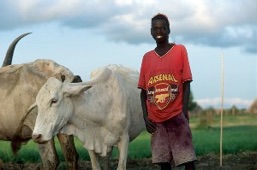I am involved in a variety of research projects, programmes and consortia. The following are some that keep me occupied. The most recent and active are at the top, with older ones, which I continue to engage with, below.
|
|
The STEPS Centre
|
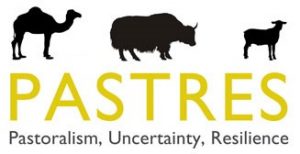 |
PASTRES: Pastoralism, Uncertainty, Resilience: Global Lessons from the MarginsPASTRES is supported by an ERC (European Research Council) Advanced Grant and is working in China, Ethiopia, India, Italy, Kenya and Tunisia. The project aims to learn from the ways that pastoralists respond to uncertainty, applying such ‘lessons from the margins’ to global challenges. It is hosted by the STEPS Centre, in collaboration with the European University Institute in Florence. |
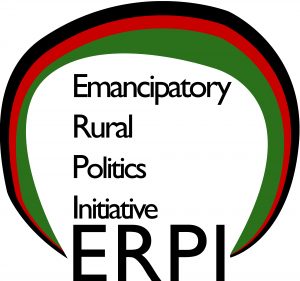 |
ERPI: The Emancipatory Rural Politics InitiativeThe ERPI is a global collaboration focusing on the rural causes and consequences of authoritarian populism. The initiative has funded a small grants programme, hosted a major conference, convened a blog/video series with openDemocracy and is publishing a series of papers in a special Forum of the Journal of Peasant Studies. The ERPI is now being facilitated by regional groups in Africa, Europe, Latin America, North America and south-east Asia.
|
|
|
The Future Agricultures Consortium
|
 |
LDPIThe Land Deal Politics Initiative (LDPI) facilitates engaged research on the global land grab. The LDPI aims to provide in-depth and systematic enquiry into the global land grab in order to have deeper, meaningful and productive debates around causes and implications. |
|
|
Livelihoods after land reform
|
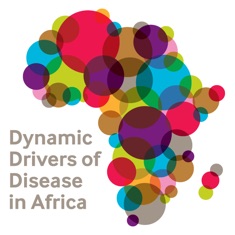 |
DDDACThe Dynamic Drivers of Disease in Africa Consortium (DDDAC) was an interdisciplinary research initiative linking 15 institutions in Europe, Africa and the US to explore ecological, epidemiological, social and economic interactions affecting zoonotic disease emergence, transmission and impacts. The DDDAC was funded by the Ecosystem Services and Poverty Alleviation (ESPA) Programme.(see www.espa.ac.uk). |
|
|
Veterinary science and policyLivestock production is accelerating across the world, creating what has been dubbed a global ‘livestock revolution’. But this brings with it risks of disease. And some livestock disease can transfer to humans, with unknown consequences. Work on foot-and-mouth disease in southern Africa and avian influenza in south-east Asia has looked at the policy processes surrounding disease control and management. Issues of risk and uncertainty, trade and livelihoods are explored through a range of case studies. |
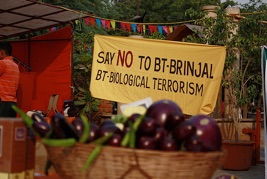 |
BiotechnologyGenetically-modified (GM) crops are sometimes trumpeted as the solution to the global food crisis, and the route to transforming developing agriculture and reducing poverty for millions. For others they spell doom and disaster, bringing with them unacceptable environmental and safety risks. But what is the reality? Over the past twenty years, GM crops – particularly transgenic insect-resistant crop varieties – have been used widely by farmers in different parts of the developing world. What has been the impact on agricultural production and poverty? What institutional, regulatory and wider policy issues arise? The STEPS Centre archive explores these issues by drawing on research from Africa, Asia, Latin America and Europe. |
|
|
Sustainable Livelihoods in Southern AfricaThe sustainable livelihoods approach requires new ways of thinking about institutional and organisational arrangements for development, as well as understanding how poor people can gain access to natural resources and influence policy processes so that their concerns are realised. Through case studies in Zambezia (Mozambique), the Eastern Cape Wild Coast (South Africa) and the lowveld area of south-east Zimbabwe, this Sustainable Livelihoods in Southern Africa programme examined the challenges of institutional, organisational and policy reform around land, water and wild resources in southern Africa. |




